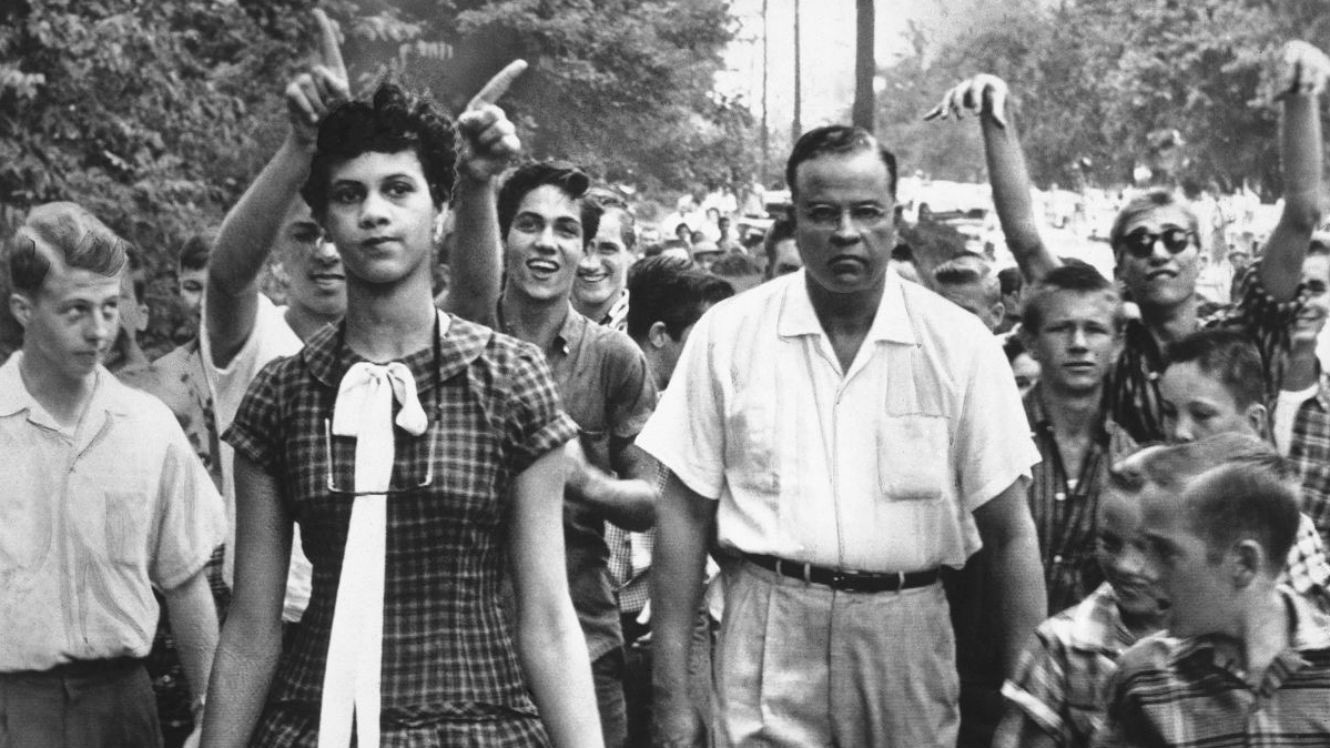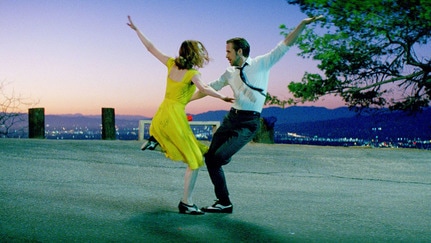|
An activist documentary that avoids an alarmist view, Pandora's Promise doesn't end with calls to action, imploring the viewer to give to a non-profit or call their representatives. Instead, Robert Stone's film in praise of nuclear power has an 'everything's fine' tone, a welcome alternative to oft-bleak agitprop filmmaking. This academic film doesn't have villains caught in split-second journalistic photos leaving their corporate headquarters. Pandora's Promise offers the hope of its titular demigod, positing a world where radiation and greenhouse gases don't have to be let out into the atmosphere and everyone can get what they want in an environmentally-sound fashion. Stone does lean too far into near-shilling for the Exelon's of the world, as the picture he paints is too rosy to be wholly complete and accurate, but his film is a corrective to the oft-hysterical brand of environment docs.
0 Comments
Raoul Peck's incendiary documentary I Am Not Your Negro is 93 minutes of righteous invective mixed with shameful imagery. Based on novelist and gadfly James Baldwin's unfinished work on the murders of Medger Evers, Malcolm X, and Martin Luther King, Peck intersperses Baldwin's written words (spoken by Samuel L. Jackson) with archival footage of Baldwin himself on chat shows in the 60's and 70's, speaking at length about the eternally-dismissed racial animus that has been with America since before its founding. Released in the period between the end of the country's first black president (which Baldwin might call a meaningless token) and the beginning of a president who said he would need to look into the KKK's views before he rejected their endorsement, it's difficult to imagine Peck's film coming at a more apt time. There are wannabe Nazi's marching in the streets, and in I Am Not Your Negro, Peck and Baldwin remind the viewer that is not a new phenomenon.
Icon of American cinema Martin Scorsese began his career with Mean Streets and its protagonist's struggle to reconcile his lifestyle with his Catholism. In the intervening 44 years, Scorsese has repeatedly grappled onscreen with his own faith. The Last Temptation of Christ and Kundun both centered on religious figures struggling with doubt, and his long-gestating Silence returns to this theme. On the shelf since the 80's, Silence is Scorsese at his most austere, appropriate for a film about 17th century Jesuit missionaries and far from the rollicking hedonism of his best known gangster work. Having long made personal films, Scorsese's latest is cerebral, punishing, and very much the work of a man in his twilight years, wondering about what, if anything, comes next.
Director Paul Verhoeven had his greatest success with the kinds of films that teenagers love, but then they watch them again with more mature eyes and realize that beneath all the gore and comedy, a master satirist is at work. Robocop, Total Recall, and Starship Troopers all fit this mold, where Verhoeven used genre trappings to reel in his audience and then wallop them with black comedy and social insight once they're in the boat. In hibernation since Starship Troopers, Verhoeven roared back to life in 2016 with his masterpiece, Elle, a film that is no longer entertaining any mainstream appeal and is instead lampooning the violent male impulse that he had so gleefully indulged in.
Damien Chazelle's modern musical La La Land opens with a big, spontaneous musical number that evokes an era of Hollywood before freeways and smartphones. Smiling dancers jump around on their cars, weaving through a traffic jam and extolling the eternally beautiful weather in Los Angeles. No matter what happens on one day, no matter the level of disappointment and humiliation, the sun's going to rise on another day filled with bright possibility. The film that follows shows how difficult it is to keep up that facade, to avoid being crushed by failed auditions and gigs that take one away from whatever their professional dreams are. La La Land's more cynical than its opening number, as it wonders who would still be dancing and singing joyfully after months or years of tedious compromise.
Pixar's semi-regrettable trend towards sequels continues with Finding Dory. I say semi because though one wishes the hallowed animation studio would create original content like Inside Out, these sequels (with the exception of Cars) have been fun and entertaining, if not profound and singular like some of their best work. Like Monster University, Finding Dory builds on the original's universe, introduces memorable new characters, and manages to tug on the heartstrings. As animation goes, it rests in the higher part of the middle of the genre. It's more thoughtful than its loud and colorful counterparts, but its content to be solid where others shoot for excellence.
|
Side PiecesRandom projects from the MMC Universe. Categories
All
Archives
April 2023
|






 RSS Feed
RSS Feed